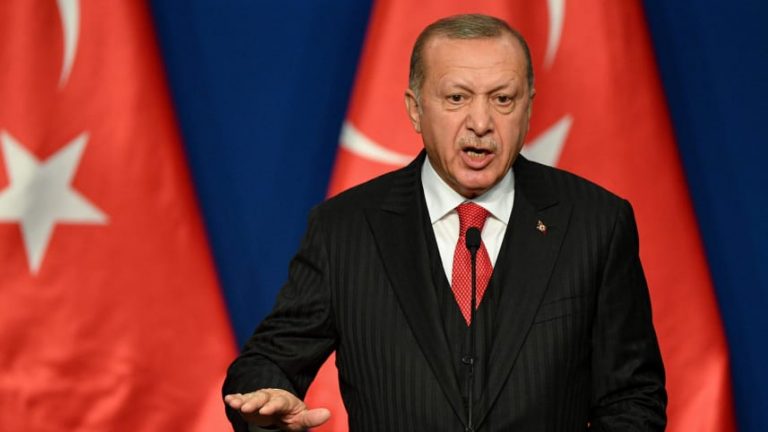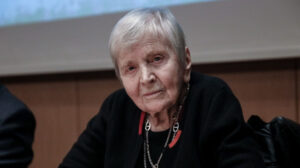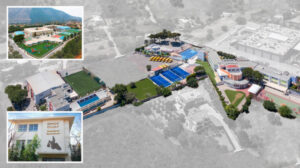Tuesday’s NATO summit in London marks 70 years of the world’s longest and most successful military alliance. However, behind the smiles and handshakes, there will be serious concerns about NATO’s future. U.S. President Donald Trump has NATO in his sights, recently moving to substantially cut its contribution to the NATO budget; France’s President Emmanuel Macron recently declared that NATO is becoming “brain-dead.”
However, NATO’s biggest internal challenge remains Turkey.
Last week, Turkey tested its newly-acquired Russian S400 missile defense system against F16 fighter jets, despite S400s being incompatible with NATO hardware. Ankara is also threatening to veto NATO’s plans for the defense of Poland and the Baltics unless NATO backs Ankara’s operations in Syria against the Kurdish People’s Protection Units (YPG).
Although the YPG contributed to the territorial defeat of ISIS, Ankara deems it indistinguishable from the Kurdistan Workers Party (PKK), which has been waging a separatist war against the Turkish state since the 1980s.
During the Cold War, Turkey was a bulwark against Soviet expansion. Its western orientation, large military and geostrategic location made Turkey a strategic asset.
Today, however, the main security concerns of NATO are Russian belligerency, the spread of weapons of mass destruction, the deteriorating security situation in the Middle East and the associated threats of migration and terrorism. If anything, Turkey has contributed to the proliferation of these security threats.
Turkey has cosied up to Russia in many fields, but especially by purchasing its weapons. Ankara turned a blind eye to jihadists entering Syria through Turkey between 2013 and 2014, which contributed to the rise of ISIS. Turkey then created additional instability by twice intervening in Syria between 2016 and 2018. Last October, Ankara sent its forces together with its Syrian Jihadist proxies to crush the YPG.
Despite there being a Russian-brokered agreement in place, Turkey still wants to resettle Arab Syrian refugees in Kurdish areas, a policy which could lead to ethnic cleansing. Although Turkey hosts over 3.6 million Syrian refugees, Ankara threatens to “open the gates” for their migration to Europe unless more support is forthcoming for Turkey’s designs in Syria.
Meanwhile, through a state-owned bank Turkey violated the U.S. Iran Sanctions Act, ahead of the signing of the 2015 Joint Comprehensive Plan of Action (JCPOA), undermining attempts to prevent the proliferation of nuclear weapons.
Read more: haaretz
Ask me anything
Explore related questions





